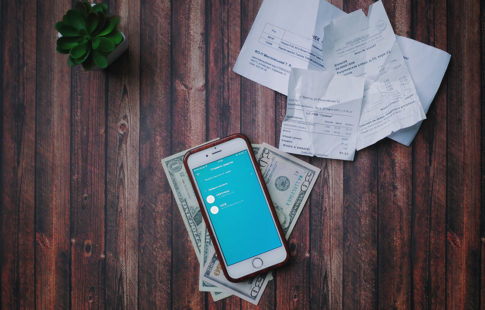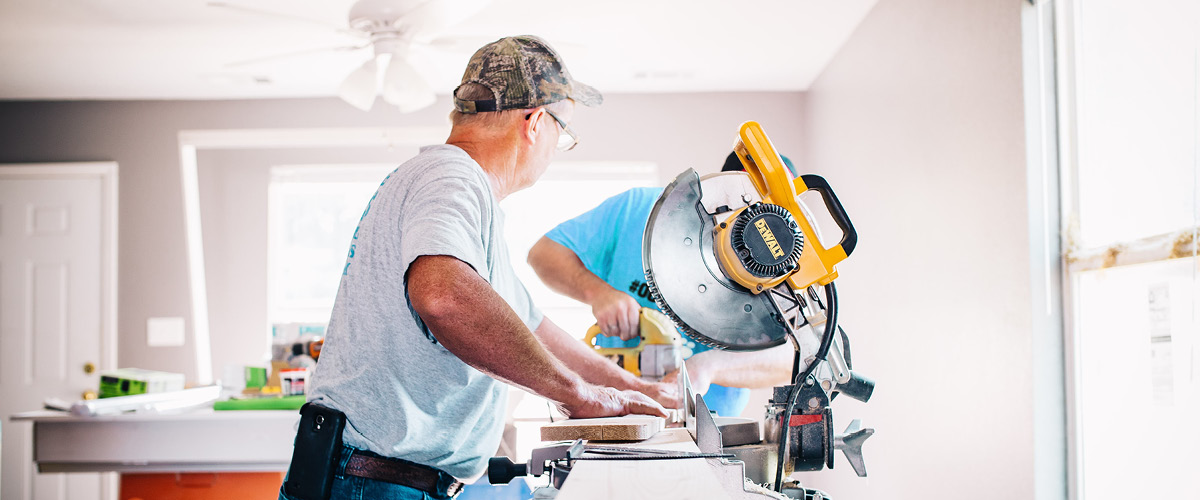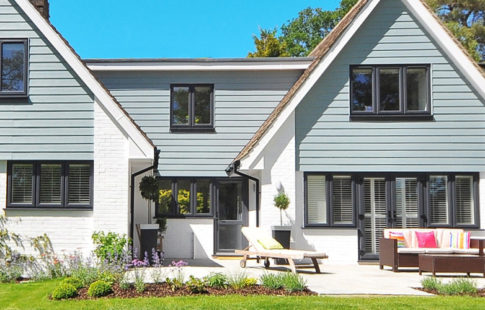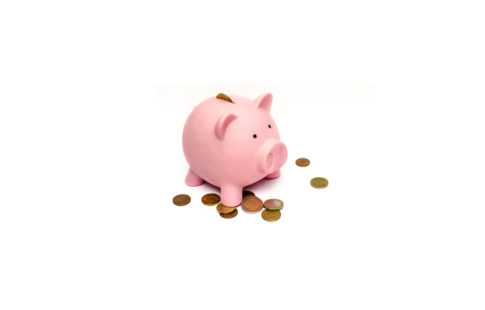For many current homeowners, refinancing can be a great way to tap into home equity, consolidate debt, or lower monthly payments. If you’ve already built up substantial equity in your home, you have good credit, and you have stable income, refinancing could be a smart financial step for you. Here’s what you need to know about refinancing a home loan.
What Is A Refinance?
It might seem complex, but the process of refinancing is actually pretty simple: An existing mortgage is replaced with a new loan that often includes a different interest rate and terms. If you’re considering it, here’s a calculator to help crunch the numbers and determine if you might save money by refinancing your mortgage (just plug in some info about your current loan).
Should I Refinance My Mortgage?
There are lots of scenarios in which a homeowner might choose to refinance their home loan — and here are five reasons to refinance that could make sense for homeowners.
1. You want to convert your adjustable rate mortgage to a fixed rate.
Home loans with an adjustable rate mortgage (ARM) are at risk of interest rate fluctuations. If you have an ARM, then your interest rate might increase (or maybe it has already). Homeowners with an ARM often refinance to switch to a fixed interest rate mortgage. If you are planning to live in your current home for several years, refinancing to a fixed rate mortgage could be a good option.
2. You want to lower monthly payments.
You might be able to refinance and lower monthly payments, as lower mortgage payments might give you more room in your budget for other monthly expenses. The interest rates for which you qualify will depend on current interest rates, as well as individual financial factors like income, credit score, savings, and employment (among others).
3. You want to eliminate private mortgage insurance.
Many homeowners pay for private mortgage insurance (PMI) each month in addition to monthly mortgage payment (principal and interest). PMI is generally required on home loans when borrowers put less than 20% down and protects a lender against potential default on a home loan. If your home has more than 20% home equity, you might be able to refinance and eliminate PMI payments — potentially reducing costs over the life of your mortgage and allowing you to use money elsewhere.
4. You need some cash or want to consolidate non-mortgage debt.
If your home has more 20% equity, you may be eligible for a cash-out refinance*. Cash-out refinances enable homeowners with a substantial amount of equity to consolidate high-interest non-mortgage debts or pay for large expenses, like home remodels or college tuition. Since the average U.S. household has around $15,000 in credit card debt, cash-out refinancing can enable borrowers to consolidate credit card debt and lower total their monthly payments.
These aren’t even all of the reasons to finance — there could be many more, and every homeowner is different.
Get in touch with a mortgage pro at Mr. Cooper to learn about all of your options for refinancing (and every other stop along the journey to homeownership).
By refinancing your existing mortgage, your total finance charges may be higher over the life of the loan.
*A debt consolidation refinance increases your mortgage debt, reduces equity, and extends the term on shorter‐term debt and secures such debts with your home. The relative benefits you receive from debt consolidation will vary depending on your individual circumstances. You should consider that a debt consolidation loan may increase the total number of monthly payments and the total amount paid over the term of the loan. To enjoy the benefits of a debt consolidation loan, you should not carry new credit card or high interest rate debt.







